15 CEOs Who Started on the Ground Floor
Tales of climbing the ladder from clerk to CEO aren't reserved for the plots of Hollywood movies such as 9 to 5, Jerry Maguire or How to Succeed in Business Without Really Trying.
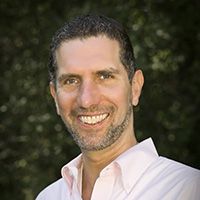

Profit and prosper with the best of Kiplinger's advice on investing, taxes, retirement, personal finance and much more. Delivered daily. Enter your email in the box and click Sign Me Up.
You are now subscribed
Your newsletter sign-up was successful
Want to add more newsletters?

Delivered daily
Kiplinger Today
Profit and prosper with the best of Kiplinger's advice on investing, taxes, retirement, personal finance and much more delivered daily. Smart money moves start here.

Sent five days a week
Kiplinger A Step Ahead
Get practical help to make better financial decisions in your everyday life, from spending to savings on top deals.

Delivered daily
Kiplinger Closing Bell
Get today's biggest financial and investing headlines delivered to your inbox every day the U.S. stock market is open.

Sent twice a week
Kiplinger Adviser Intel
Financial pros across the country share best practices and fresh tactics to preserve and grow your wealth.

Delivered weekly
Kiplinger Tax Tips
Trim your federal and state tax bills with practical tax-planning and tax-cutting strategies.

Sent twice a week
Kiplinger Retirement Tips
Your twice-a-week guide to planning and enjoying a financially secure and richly rewarding retirement

Sent bimonthly.
Kiplinger Adviser Angle
Insights for advisers, wealth managers and other financial professionals.

Sent twice a week
Kiplinger Investing Weekly
Your twice-a-week roundup of promising stocks, funds, companies and industries you should consider, ones you should avoid, and why.

Sent weekly for six weeks
Kiplinger Invest for Retirement
Your step-by-step six-part series on how to invest for retirement, from devising a successful strategy to exactly which investments to choose.
Tales of climbing the ladder from clerk to CEO aren't reserved for the plots of Hollywood movies such as 9 to 5, Jerry Maguire or How to Succeed in Business Without Really Trying. The real world is filled with leaders who worked their way up from obscurity to earn millions running huge corporations.
How did they do it? Their stories, inspiring and instructive, reveal a drive to succeed, a willingness to buck convention and, of course, an unshakable work ethic.
If you start at the bottom, can you really make it to the top? As actress Audrey Hepburn said, "Nothing is impossible. The word itself says, 'I'm possible!'"
Meet 15 executives who have proved it:
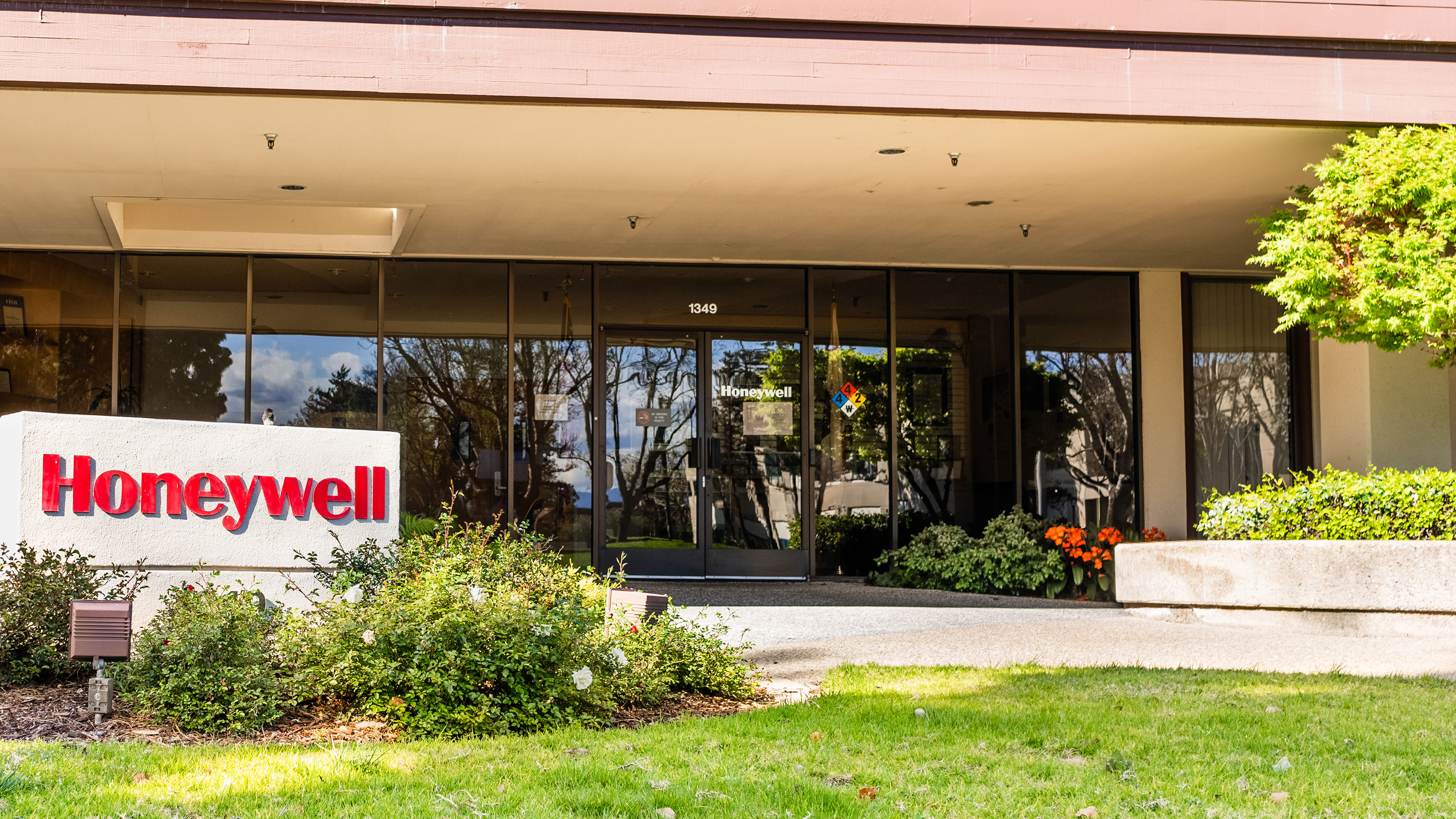
David Cote
- Age: 65
- Started: Hourly employee at General Electric jet engine plant, age 21
- Finished: CEO, Honeywell (2002-2017)
- Quote: "If you blame someone else, that's not a stand-up thing to do."
"To lead, you have to address what people really want to know in a simple, transparent way. Just treating people with respect makes a big difference.
"At 33, I was a mid-level corporate financial planner at GE. My staff wanted me to make an internal request for ROI [return on investment] projections from another business unit. I didn’t want to—I knew our CEO, Jack Welch, didn't want us to focus on that—but my team voted me down, so I agreed.
"I get a call from Jack Welch summoning me to his office. He berates me for 15 minutes for requesting that info. I call my wife and tell her I'll be fired.
"A few months later, a buddy on my team mentions to Welch that I never wanted to request the ROI numbers. Impressed, Welch calls me and says, 'You took a knife for those guys?' I got a three-level jump to a CFO role in an aircraft engine production unit managing 200 employees."
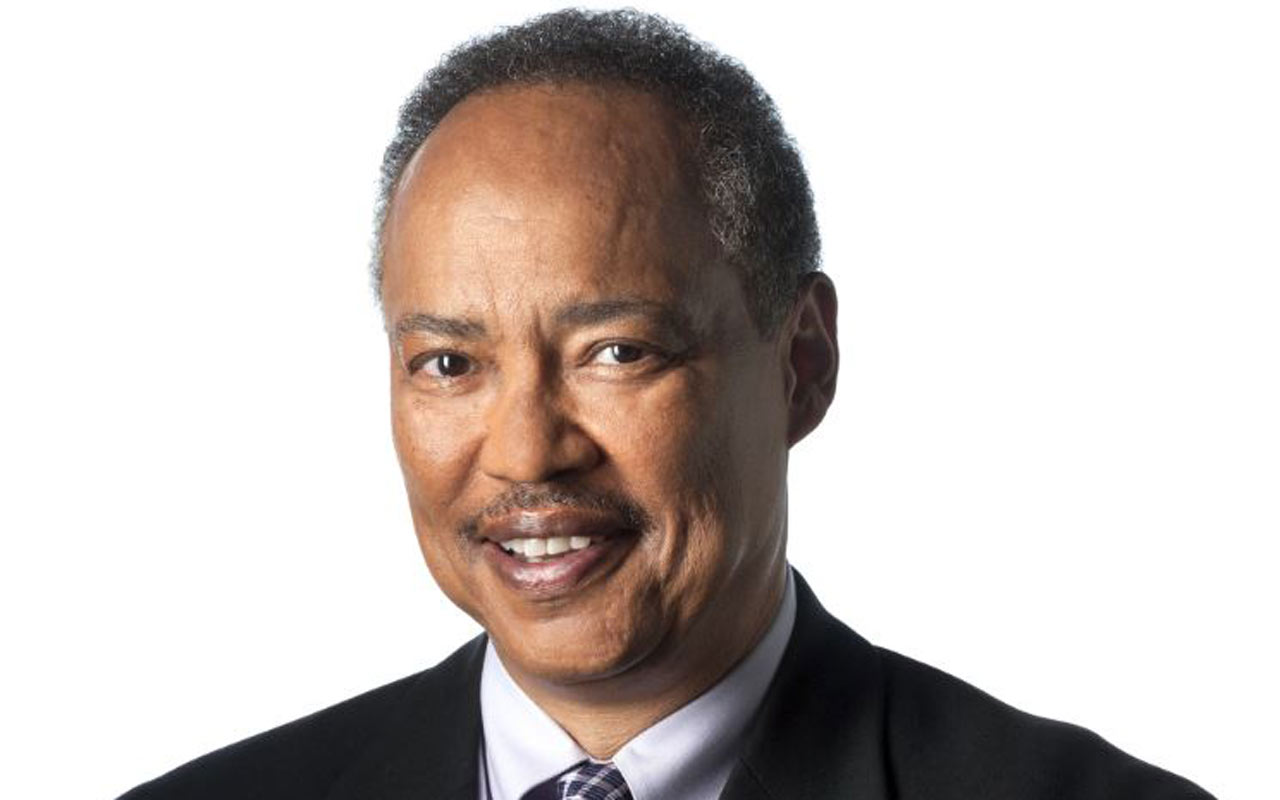
Ronald E. Daly
- Age: 71
- Started: Proofreader at RR Donnelley, age 17
- Finished: CEO, Océ-USA Holding (2002-2004)
- Quote: "I kept improving myself and investing in myself."
"In 38 years at RR Donnelley, I went from apprentice proofreader to president of its largest unit, Print Solutions, a $3.7 billion business. The number-one thing I learned is you have to market yourself like a product and differentiate yourself. I got my education—an associate degree, undergrad degree in business and MBA—as a differentiator.
"I was a proofreader for four years, starting at $1.92 an hour. It was boring, so I applied for production coordinator and got it—the first African-American in that job. Few managers were educated (they were craftsmen), so I saw an opportunity.
"In 1979, I was 32 and a manager job opened up in a money-losing unit. I took it, and within two years we were profitable—in part because I applied root cause analysis that I learned in college. A few years later, I was a long shot to be general manager at a Pennsylvania plant, but I dazzled the senior VP in the interview and got the job. In 20 months, I made radical changes.
"I always stayed on the cutting edge of management. I'm a risk taker, and I don't mind taking on tough assignments."
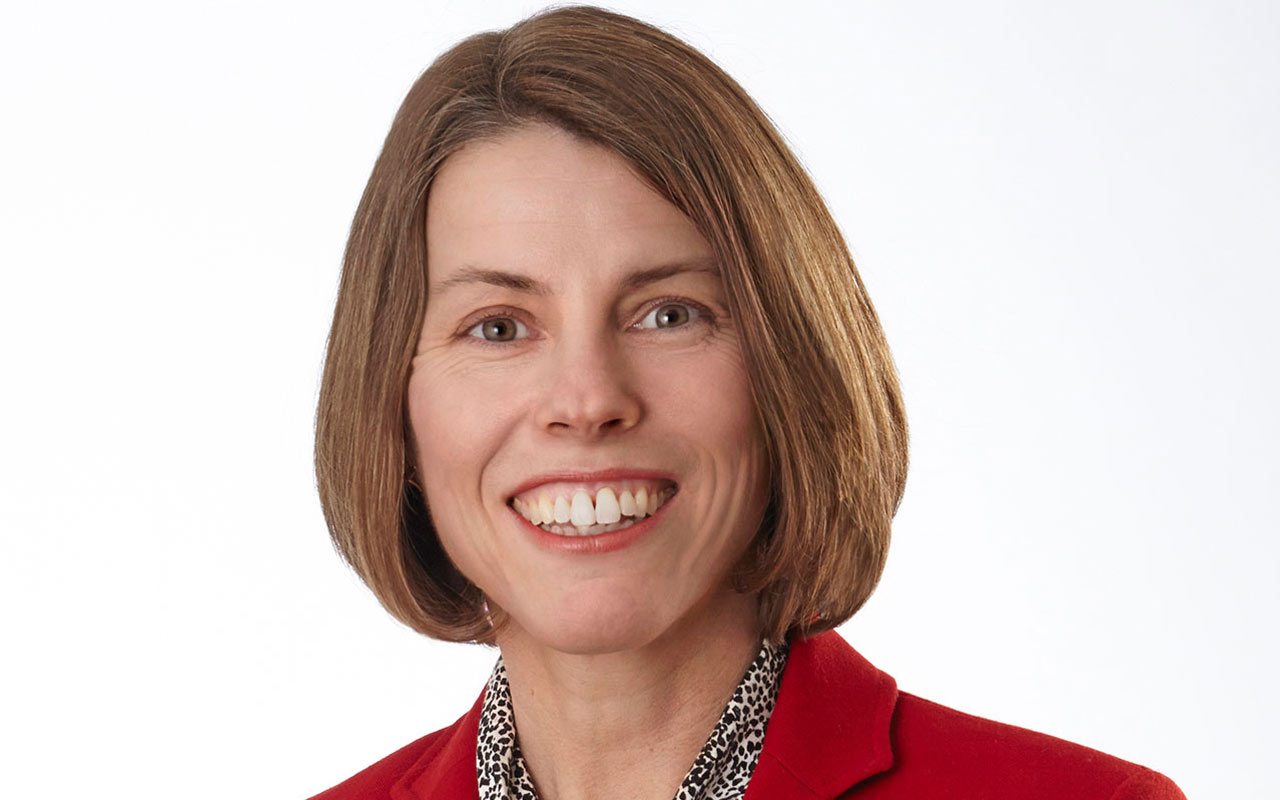
Tracey Armstrong
- Age: 50
- Started: Clerk at Copyright Clearance Center, age 21
- Finished: CEO, Copyright Clearance Center (2007-present)
- Quote: "The only boundaries you have are the boundaries you set for yourself."
"I started here as a clerk and did that job for close to one year. I cannot stand being bored, so, in my spare time, I wrote a tri-fold marketing brochure and brought it to Marketing. They used it and asked me to do more projects.
"In 1996, I was 28 and a customer service manager when my boss called me at home (I was on leave for family reasons) and asked me to come in. There was a big, bet-the-company tech and infrastructure project that wasn't on time or on budget, and they asked me to manage it. I said yes, and it became my on-the-job MBA.
"I soon discovered why it was behind schedule. I had to tell truth to power (our then-CEO), put sunshine on the problem and fix it. It took 18 months, but we laid it out, broke it down into chunks and did it. I still work with a few people who helped me on that initiative. We earned our stripes together. And the success of that project has largely driven our success as a company."
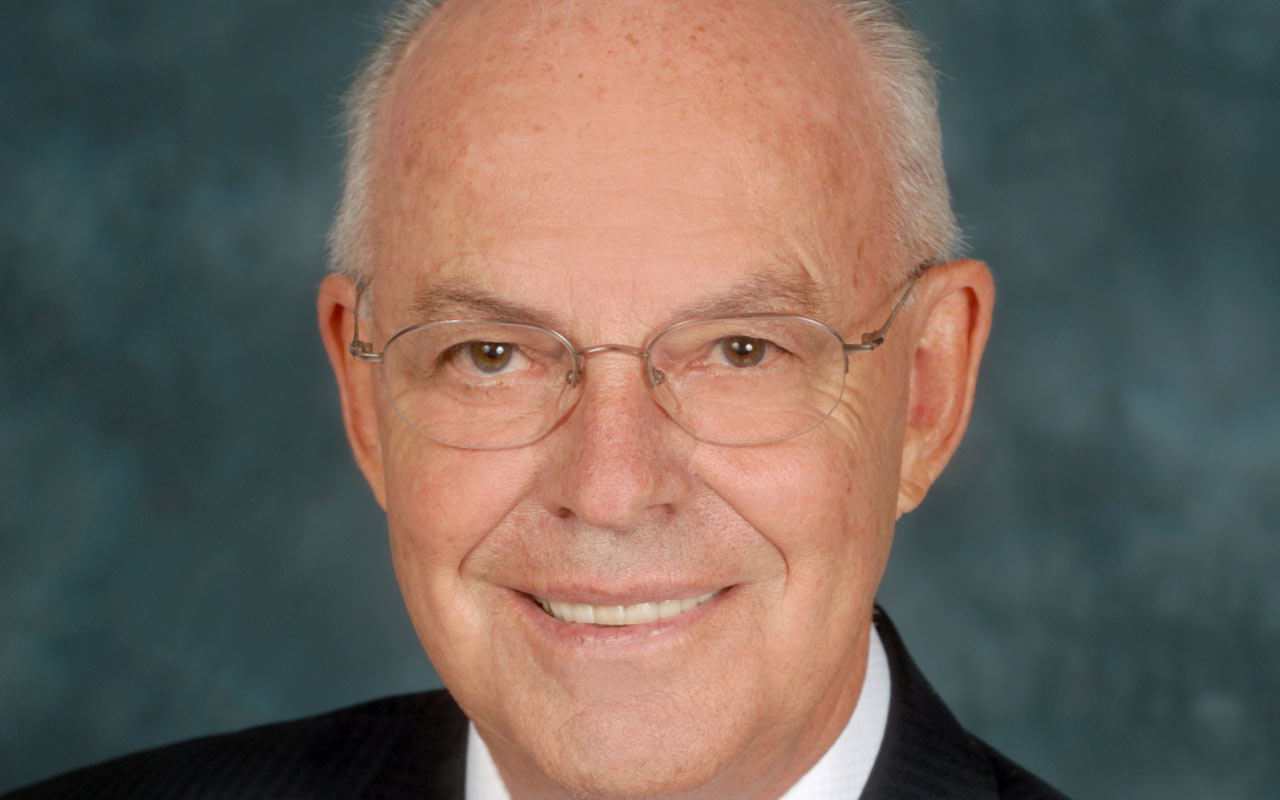
Howard Putnam
- Age: 80
- Started: Baggage handler at Capital Airlines, age 17
- Finished: CEO, Southwest Airlines (1978-1981); CEO, Braniff International Airways (1981-1983)
- Quote: "Stand up for what you believe in."
"On the first hour of my first night, I was in the airline's belly pit unloading bags. After my lead agent, Tony, told me to unload bags onto the conveyor belt, he got a flashlight, hammer and paper bag and started opening the locks on suitcases and stealing jewelry and other valuable items.
"He did that two or three times that night, and I did nothing about it. I went to my $10-a-week sleeping room near Midway Airport, and I couldn't sleep. The next night, Tony rolled an airplane tire down the conveyor trying to hit an agent on the ground. I yelled, and he got out of the way. Fortunately, a manager happened to see it and fired Tony on the spot. I vowed that I'd never compromise my ethics, no matter what.
"At 19, I decided I wanted to be president of an airline. So I adopted a 'What do you need me to do?' mentality. Work a double shift. Train someone. Transfer me to another department or city. I will do it. My wife, Krista (a former flight attendant), and I were willing to sacrifice to make it happen. We were and still are a team after 60 years of marriage."
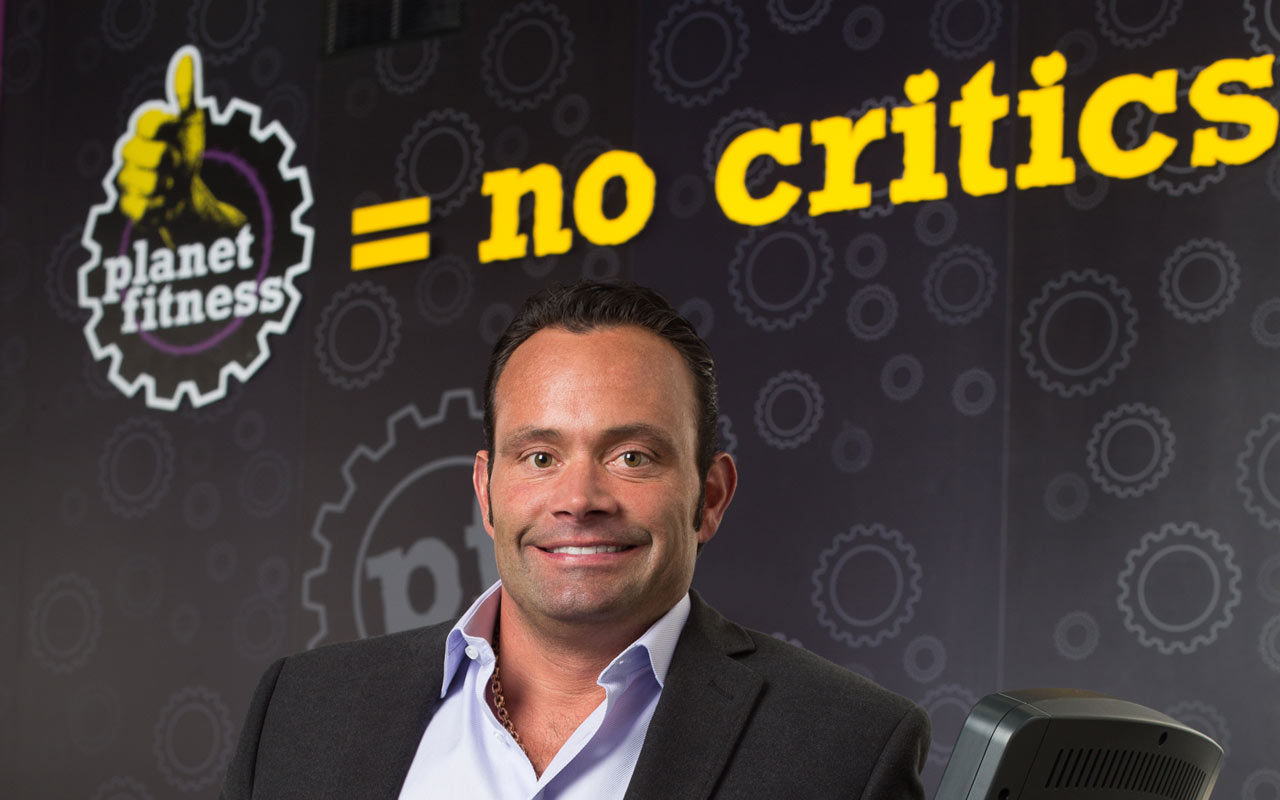
Chris Rondeau
- Age: 45
- Started: Front-desk job at Planet Fitness, age 20
- Finished: CEO, Planet Fitness (2013-present)
- Quote: "Be fearless in taking opportunities that you don't know about."
"While in college in 1993, I got a part-time job working the front desk at our first store. A year later, I was working there full-time. I went from the front desk to personal trainer to store manager to regional manager.
"When we opened our third store in 1998, my idea was instead of selling the equipment, we'd sell the atmosphere of our gym. The two founders liked my idea immediately—the logo and mission statement you see today where everyone will feel comfortable working out—and that catapulted the company.
"The founders made me a partner in 2003 when we started franchising, and I became chief operating officer. I feel like I have a keen sense of getting into the mind of the consumer. In our industry, it's easy to become infatuated with the competition. I stay infatuated with the consumer."
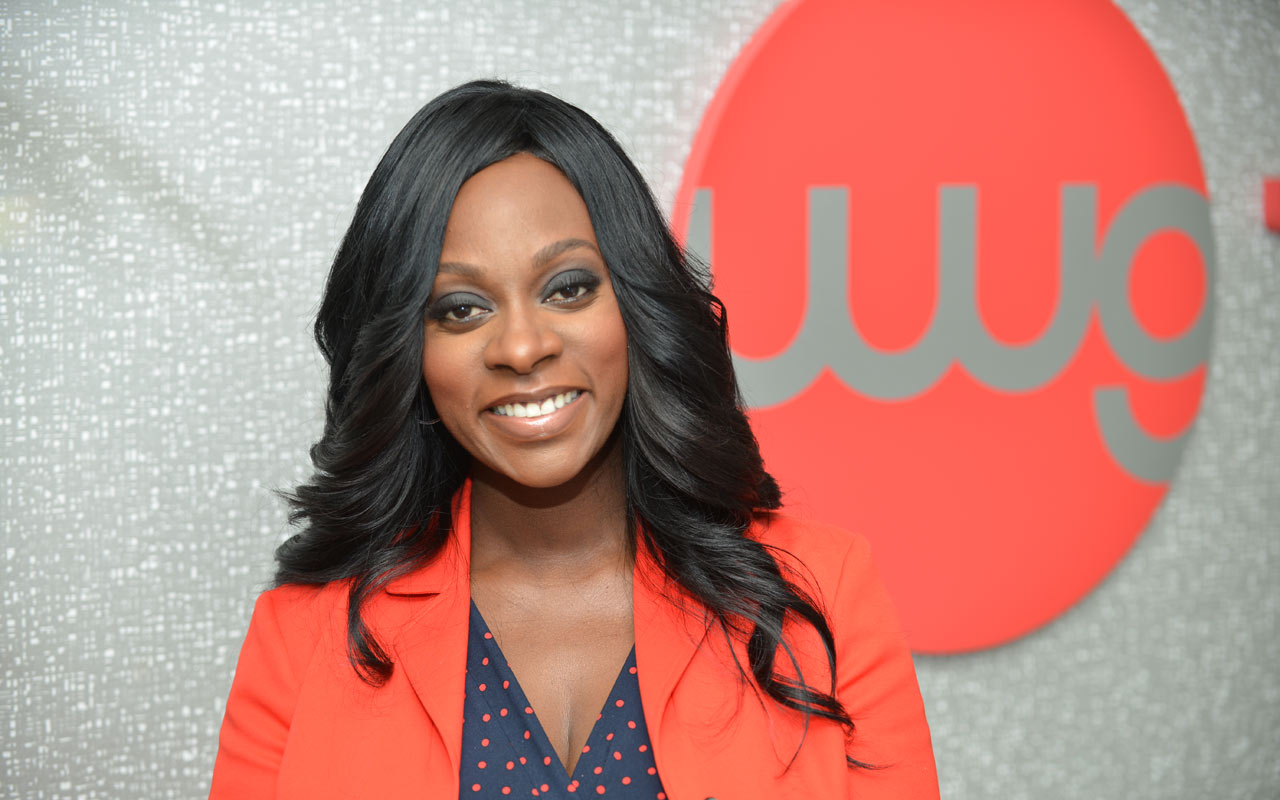
Monique Nelson
- Age: 43
- Started: Sales and marketing job at International Paper, age 21
- Finished: CEO, UniWorld Group (2012-present)
- Quote: "Be fearless in taking opportunities that you don't know about."
"I started in sales and marketing at International Paper's plant in a small town near Green Bay, Wis.—a remote and ridiculously cold environment, a stinky paper mill in minus-20-degree weather.
"In my first few months, I was hitting a lot of walls. I wasn't getting up to speed as fast as I would've liked. So I wrote a new employee manual with processes on how to enter an order into the system, acronyms people used, types of pulp, etc. I thought it would help with on-boarding people like me who came into the paper mill blind.
"Two years later, they transferred me to Arlington Heights, Ill. That employee manual was still being used after I left.
"Six months after I moved to Illinois, I was offered a marketing job at Motorola. I liked marketing, but one day my brand manager at Motorola asked me, 'How much do you know about P&L?' I replied, 'Not much.' So she suggested I spend time deepening my understanding of the product."
"That led me to become an executive assistant to the head of Motorola's product line management. I learned so much from him, working on client management, strategy, supply chain management. The job gave me a more visible role and led to promotions, including a stint in Milan and returning to the U.S. to lead big marketing campaigns."
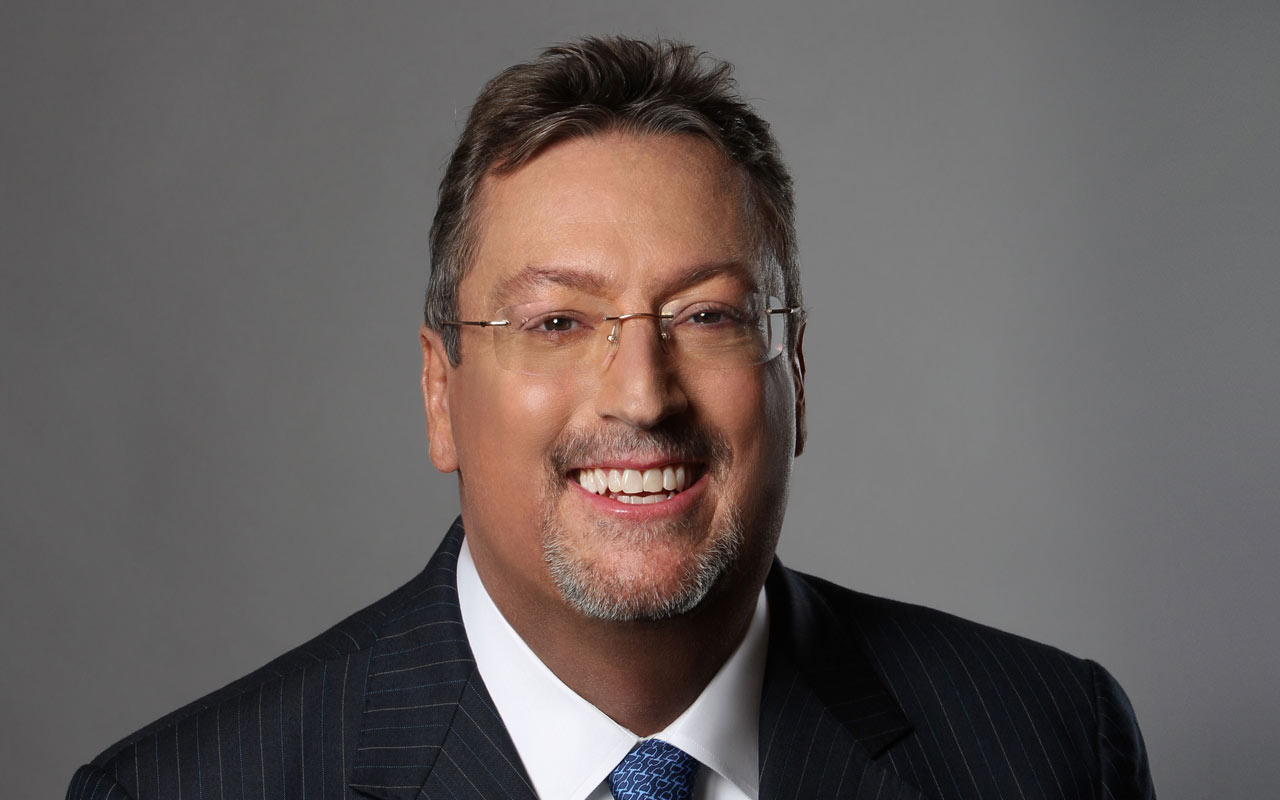
Mark Barrenechea
- Age: 53
- Started: Computer programmer
- Finished: CEO, Open Text (2012-present)
- Quote: "You must lead with your mind and your heart."
"I graduated college in the 1980s with a Computer Science degree, but quickly learned that being the smartest person in the room was less important than being the best student. Asking questions, staying curious, learning and mastering the task at hand is what really counts.
"My desire to learn and ask questions was key in my progression from computer programmer to my role today. But I also learned a valuable lesson later in my career. After surviving leukemia, I become very 'awake' and realized that whereas curiosity and mastery are inseparable, humility, empathy and mindfulness are essential.
"I believe that to navigate any career and bring others along with you, you must lead with your mind and your heart. And it is an obstacle course, not a ladder."
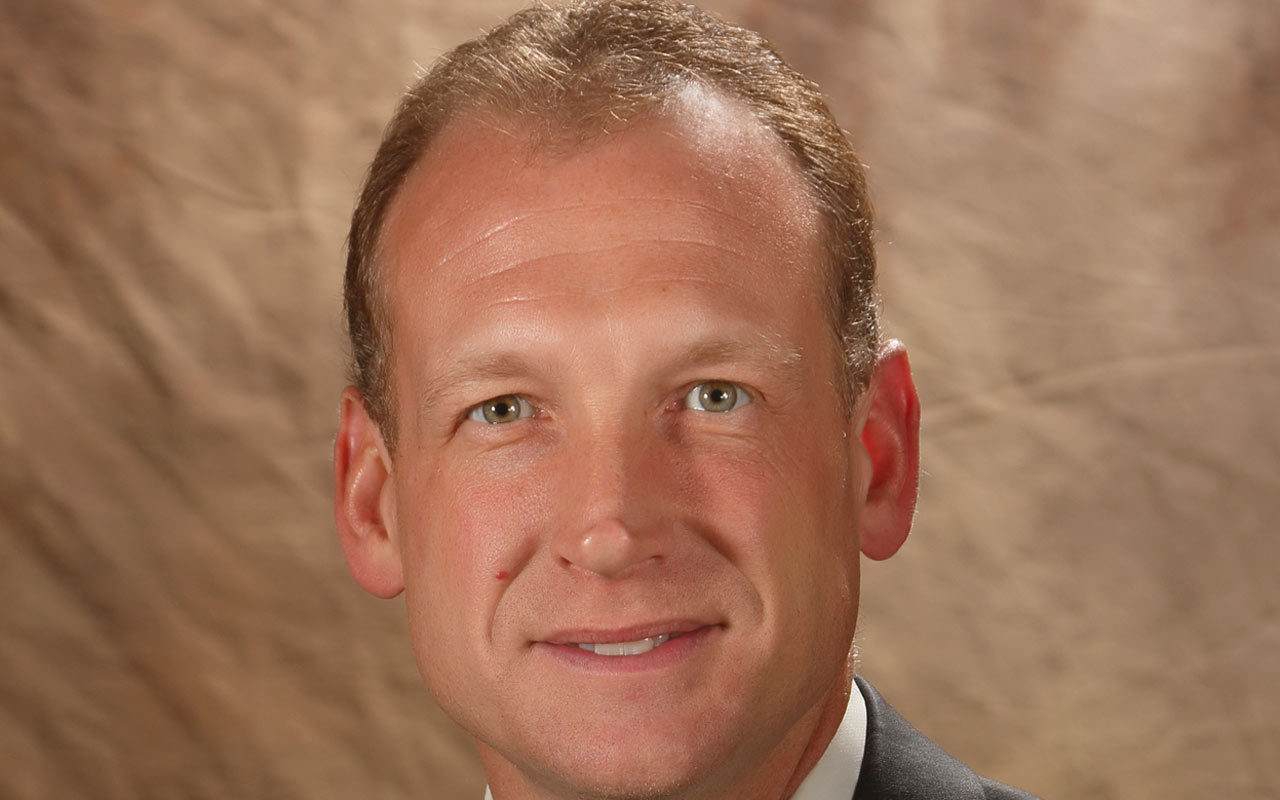
Aaron Jagdfeld
- Age: 46
- Started: Staff accountant at Deloitte, age 21
- Finished: CEO, Generac (2008-present)
- Quote: "There shouldn't be any shame in wanting to work for a small family business. There's a stigma to that, and there shouldn't be."
"After one year at Deloitte in an entry-level accounting job, I joined Generac in the finance department. Generac was a Deloitte client. I took a pay cut to come here; it was a small family business back then, and you could be a lot more visible. I wanted to work more closely with the founder and learn how a business was run.
"I gained confidence through shadow management: I'd observe my manager (who sat in the next cubicle). When people asked him questions, I'd imagine how I'd answer. Sometimes, I heard how he answered, and I'd go to him later and ask, 'Can you tell me why you responded that way?' Eventually, I saw that 99% of the time, my answers were accurate.
"With each promotion, I asked questions like, 'What are the expectations in my new role?' and 'What will success look like?' Initially, there's trepidation: Can I do this new job? I had to rebuild my confidence with every new role—to make the job my own and put my mark on it."
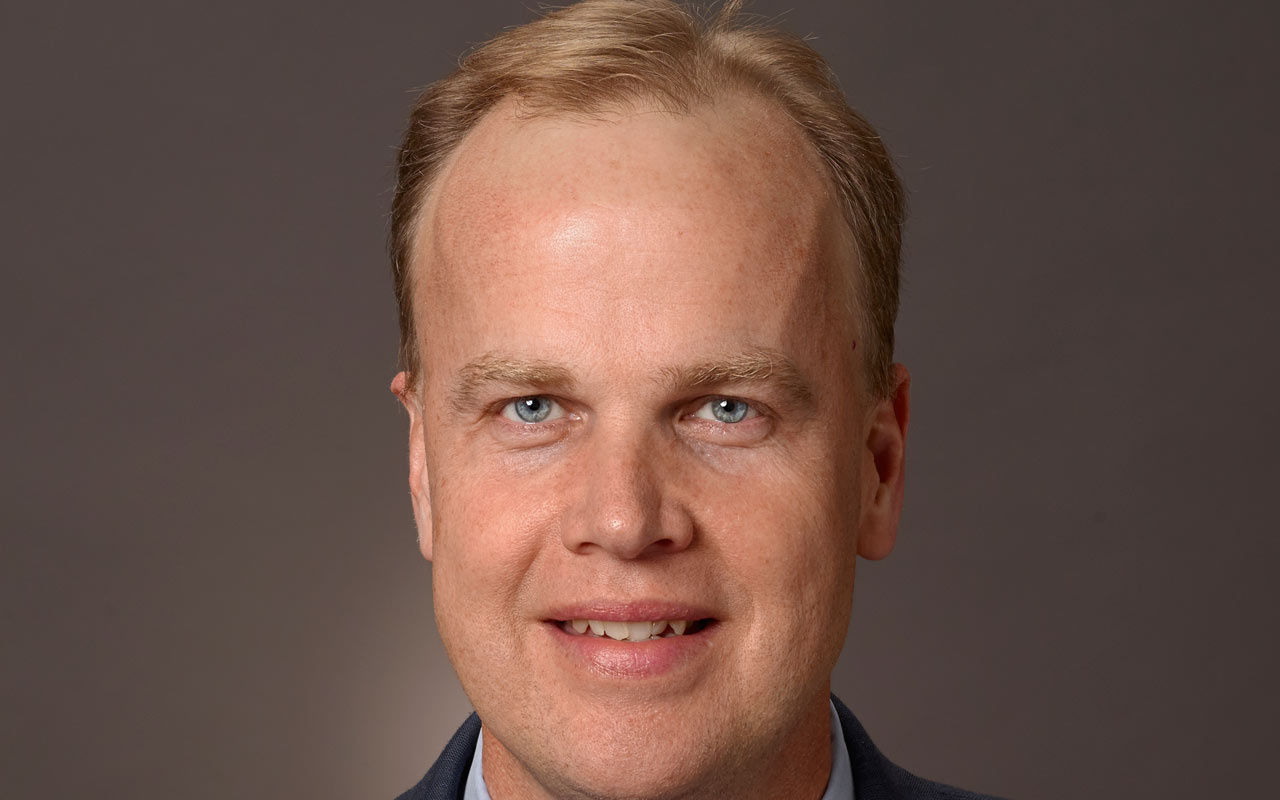
Richard Olson
- Age: 54
- Started: Manufacturing process engineer at The Toro Co., age 22
- Finished: CEO, The Toro Co. (2016-present)
- Quote: "Work for a company with a culture that fits your values and for leaders who will support and challenge you to do more."
"Initially, I intended to work at Toro for a couple of years and then start my own business. But each assignment was a new challenge that kept me engaged, and I learned the importance of aligned goals in a complex organization, the value of trust in high-performing teams, the need for diverse views in seeking solutions and the sense of urgency in solving problems.
"I went on to manage one of Toro's manufacturing plants and eventually became managing director of our northern operations. During that time, I completed my MBA and became general manager of our Exmark landscape contractor business in Beatrice, Neb. I earned these and other promotions based on my ability to stay close to customers and understand their current and future needs, as well as building relationships with key channel partners.
"I never focused on climbing the organizational ladder. My focus was on exceeding the expectations of my role and responsibilities, building sincere relationships both internally and externally, continuously learning and taking on new challenges and responsibilities."
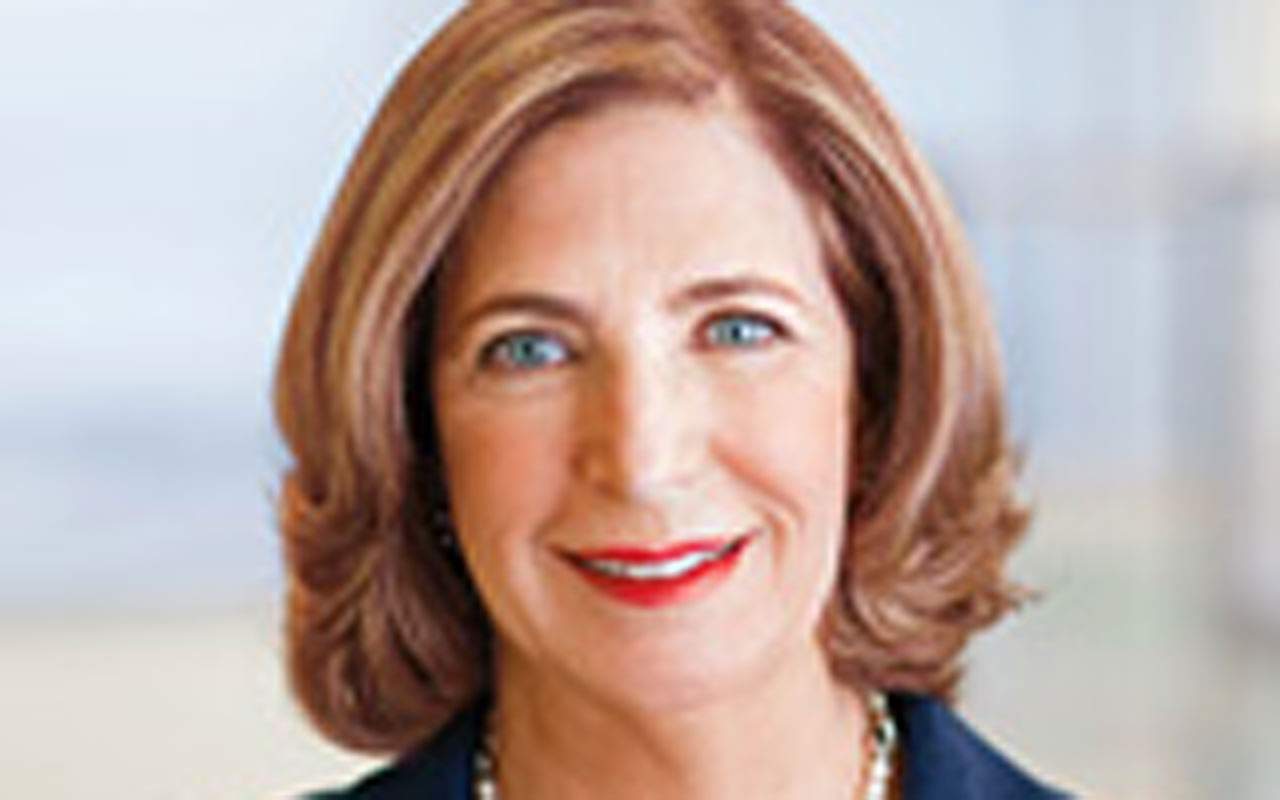
Ilene Gordon
- Age: 64
- Started: Consultant at Boston Consulting Group, age 23
- Finished: CEO, Ingredion (2009-2017)
- Quote: "I learned to be my own advocate and to be tenacious."
"In the 1970s, BCG sent me to London when international work was almost unheard of for women. I was the only professional woman in the office, and some British male colleagues had a dismissive attitude toward me. After my presentation, one of them sniffed with an entitled sense of superiority and cut me down, claiming my advice was intellectually simplistic. But I had done my homework and was armed with the data analysis to show how I created value for the client.
"A mentor gave me my first shot at a P&L [profit and loss] role. In my early thirties, I would be working with men in their fifties. He counseled me to get to know them, understand them and figure out how to motivate them.
"When I visited the factories I was responsible for, I got some skeptical glances. In one case, an executive in his mid fifties was clearly uneasy working with me. Every month, I'd commute to his plant to meet with him and have lunch. After awhile, he saw I was smart and wanted his business to grow. We established a great relationship, and he came to understand that I could help bring out his real brilliance in his work.
"Throughout my career, I've stayed true to myself. That meant making choices consistent with my goals. I tried never to lose sight of my priorities: I wanted the corner office. I also wanted a thriving family.
"I was offered opportunities that would have required uprooting my family. I declined them, but I accepted a couple of key positions that involved a weekly commute from Chicago to Houston and to Paris. For me, staying devoted to both work and family has meant giving up some other things, like an active social life and, frequently, sleep."
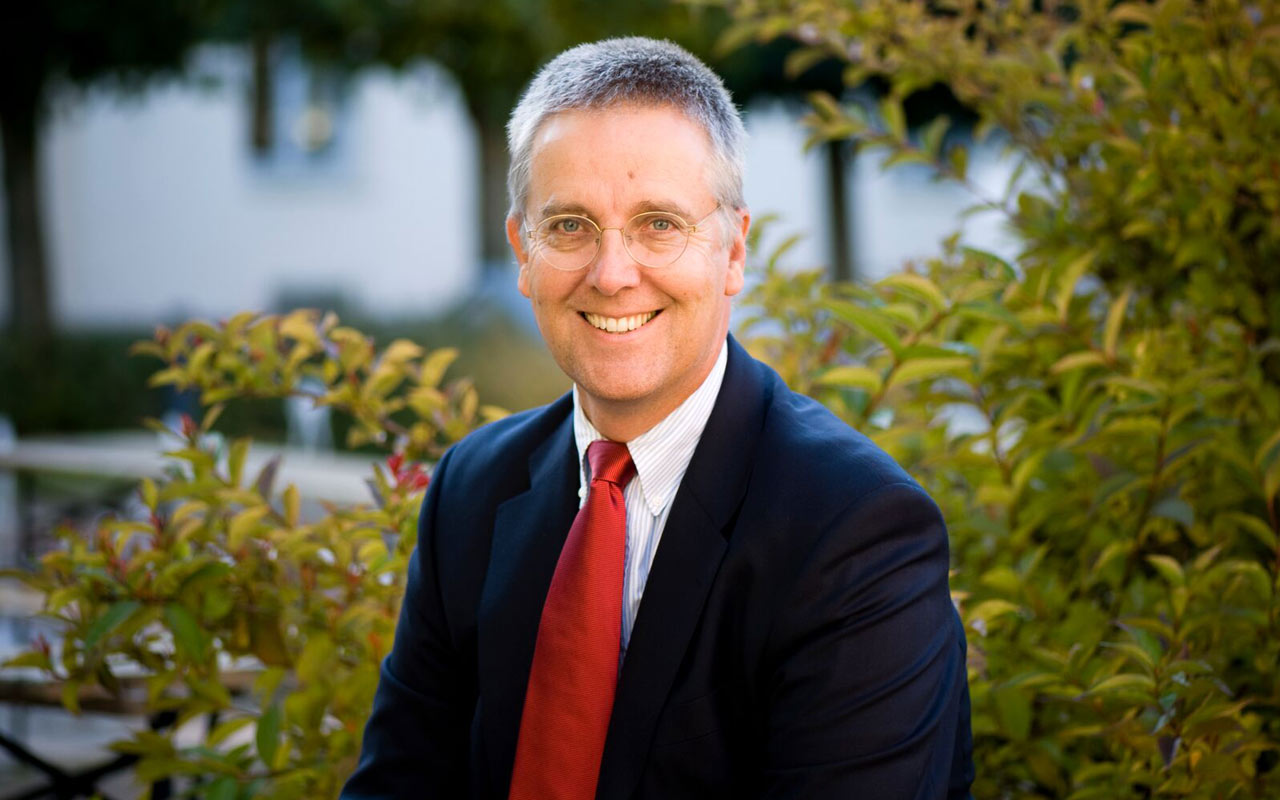
Hans Gieskes
- Age: 64
- Started: Production coordinator at Mouton Publishers, age 22
- Finished: CEO, Cision (2008-2013)
- Quote: "Don't overpromise and under-deliver. But do the reverse."
"Within two or three months of starting my first job as a low-level production coordinator, I learned that the company was in bad financial shape. I should've asked more questions instead of just taking the job, and I moved into sales at another company.
"By my late twenties, I was running global sales for Elsevier, a science publishing company. My boss's boss—Elsevier's chairman—was a key mentor. One day, he said, 'Why don't you ask more questions rather than making statements?' I'd tell people what was wrong and how to do it right. But he was advising me not to pass judgment, but to ask questions such as, 'How's that working for you?' and 'Why don't you explain it to me?'
"He gave me straight feedback. Ever since, I've found that asking questions is a great way to get people to improve things and accept organizational change.
"Before taking a job, find out who's going to be your boss. Is he honest? Do you respect her? Can you learn from him or her? I was lucky: I had people who coached me well and mentored me."
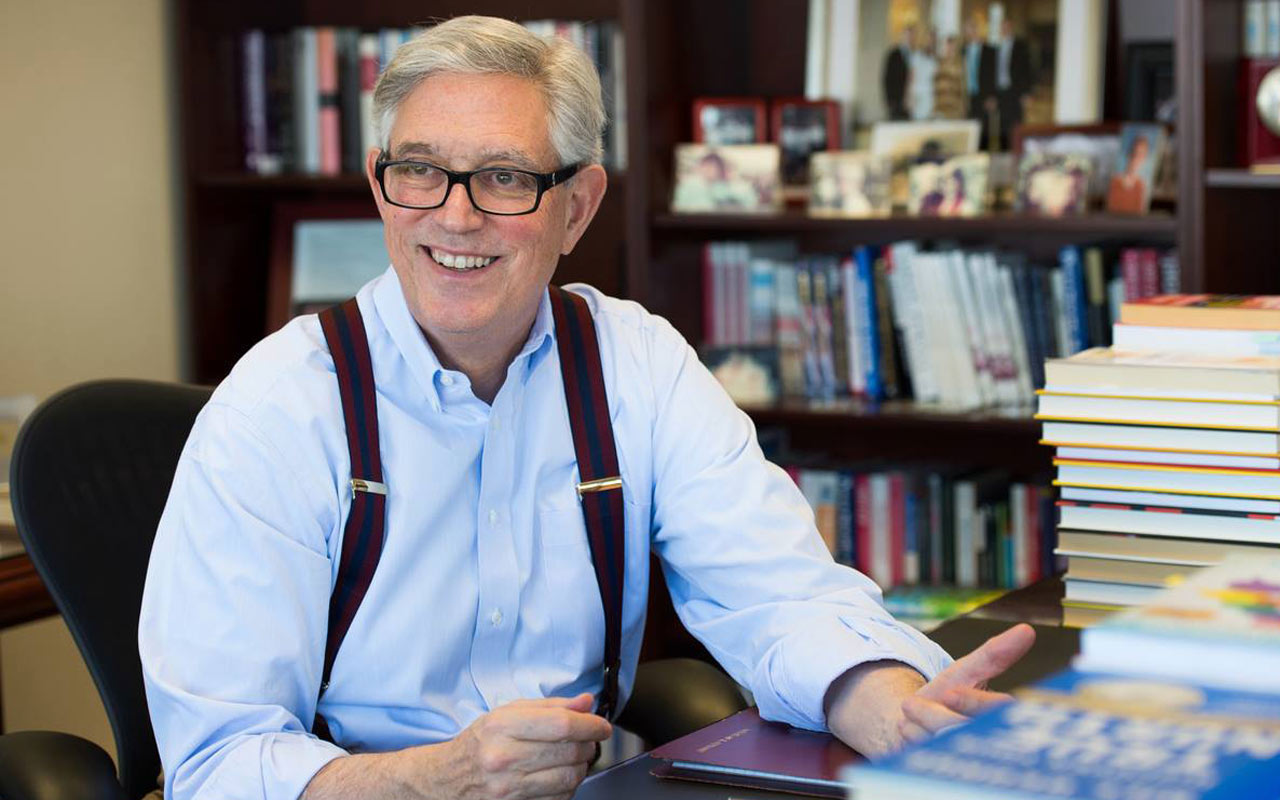
Doug Conant
- Age: 66
- Started: Marketing assistant at General Mills, age 24
- Finished: CEO, Campbell Soup Co. (2001-2011); Chairman, Avon Products (2012-2015)
- Quote: "It's not all about you. It's all about the people you work with."
"In my first job as an entry-level marketing assistant, I learned it's all about how the team performs and how you can help them be their best. I had never worked in an office before, and I had to conform to corporate life. It was very competitive, but I found that if I could build a network of people, my network could outperform any other network. Nobody outworked me there.
"I worked hard to be promoted based on the performance of my team. To get that performance, I was tough-minded on standards and tenderhearted with people. Realizing we have to take problems head-on, there's always room for a kind word and connecting it to performance. I became known for dropping people handwritten notes—'Wow, you got it done two days early. Thanks!' or 'Great job bringing it in under budget!' It sends a message that you're paying attention. And specifics help.
"As CEO of Campbell Soup Co., I wrote 10 to 20 notes a day, six days a week. Celebrate what people are doing right, and you'll get the most from them."
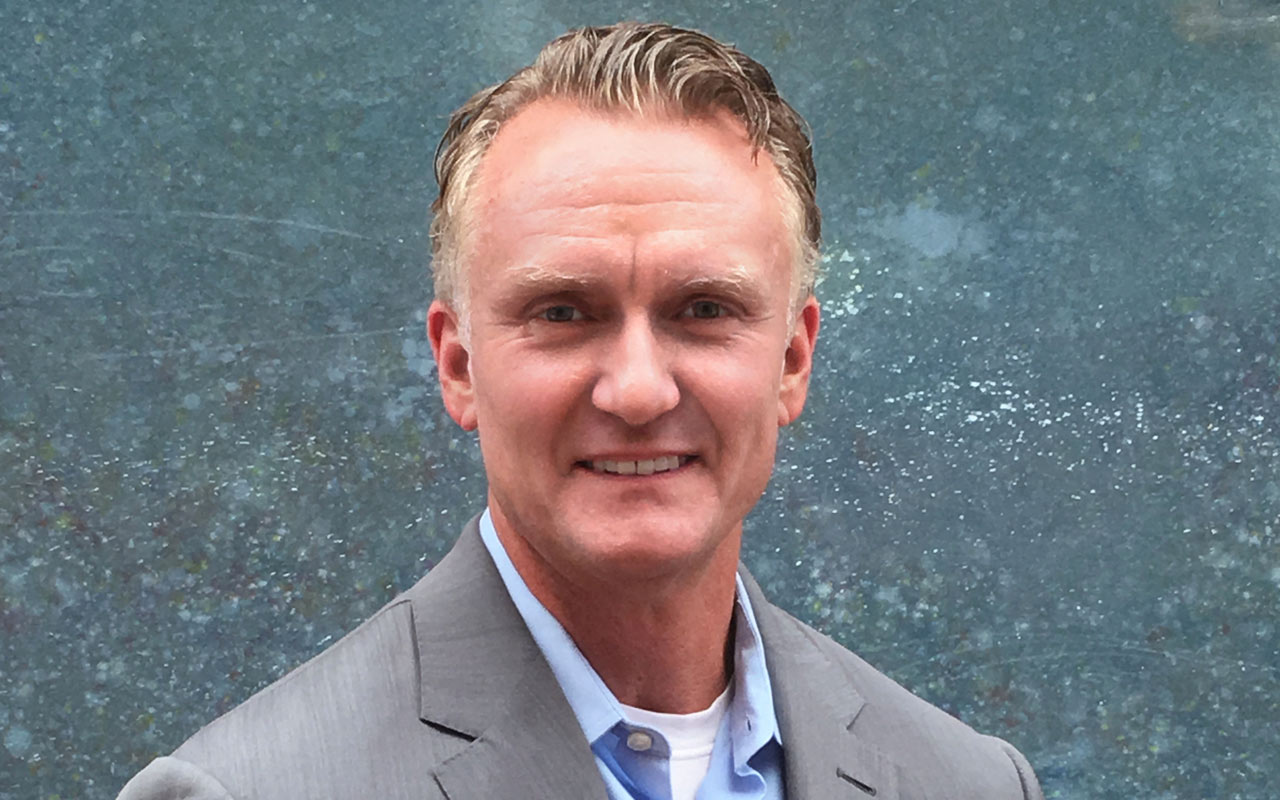
Jeff Jackson
- Age: 52
- Started: Staff accountant at KPMG, age 24
- Finished: CEO, PGT Innovations (2018-present)
- Quote: "If you know something, you need to speak up and explain it right."
"I started as an entry-level staff accountant, unjamming fax machines and fetching lunch for partners at the firm. I did that job for one year. A mentor told me 'to do whatever it takes to get it done,' so I counted inventories on Christmas and New Year's. I never took off weekends and holidays.
"At 32, I got my first executive role—as CFO at Mrs. Smith's Bakeries, owned by Flowers Foods. One day, I fly to Flowers' board of directors to give a report. The CEO calls me over. I think he's going to tell me something important. He says, 'Jackson, see what you can do about the men's bathroom. The toilets are stopped up.'
"I didn't blink an eye. I went downstairs and asked a receptionist to get a janitor to bring a plunger. Everyone wants status without putting in the time."
"I joined PGT as CFO in November 2005 and in my first few months, I got it ready for its IPO [initial public offering]. In November 2006, our executive team—eight people—met, and everyone gave positive sales projections. I was the only one who questioned them. They replied, 'You don't believe in our sales folks.'
"I went home and told my wife, 'I pissed off everyone on my team.' But I was basing my comments on data analysis, and their forecast didn't make sense. There was no business justification for it and no catalyst driving their numbers. Four months later, our sales started declining, and we entered a recession.
"Certain people don't like to be challenged, but you need to do what's right and challenge them in an open spirit and explain your reasoning. If they respond on a personal basis, don't take the bait."
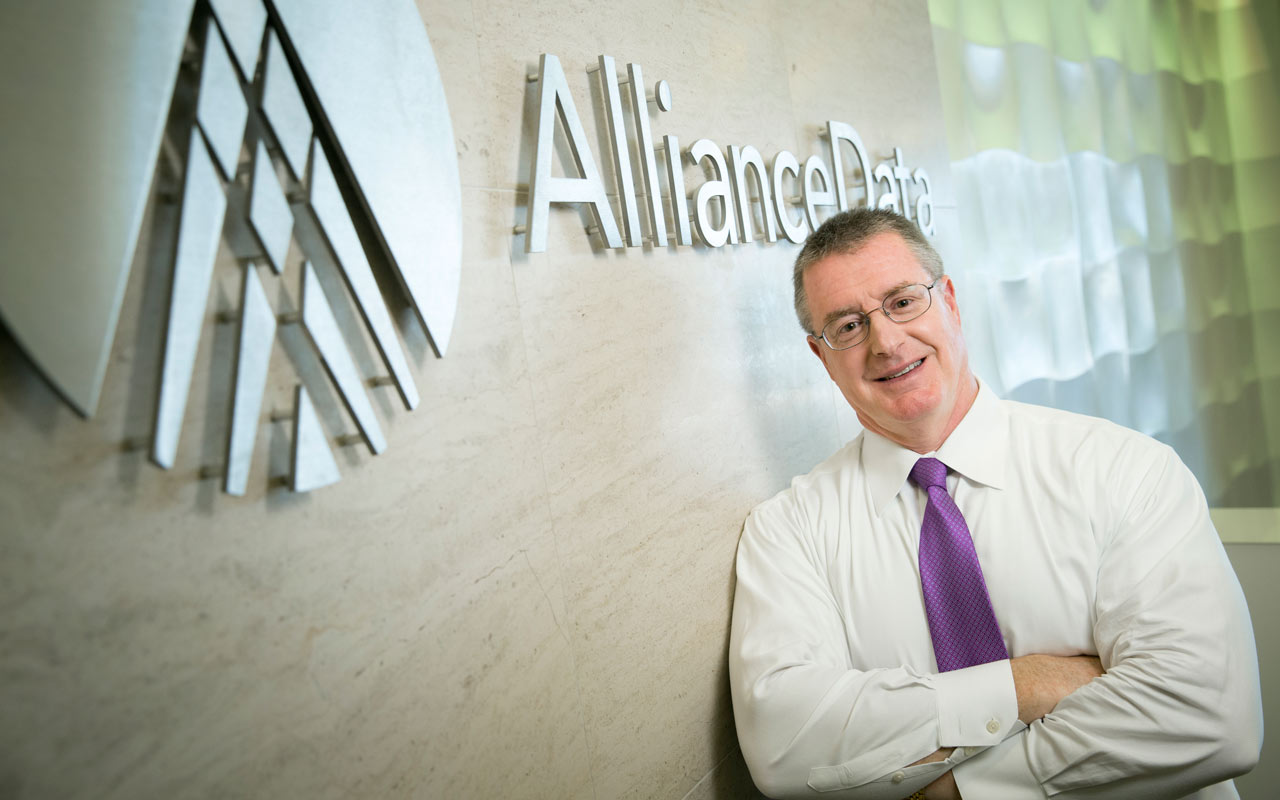
Ed Heffernan
- Age: 55
- Started: Management trainee at First Boston, age 23
- Finished: CEO, Alliance Data Systems (2009-present)
- Quote: "Whether you're up or down the food chain, just leave your ego at the door."
"As a newly minted MBA in 1986, I got a job as a management trainee at First Boston. It was a nice shot to my ego. But then the crash of 1987 occurred, and we soon learned we were lucky to have a job. It made me more disciplined and conservative with my expectations.
"In planning their career, people restrict themselves. They think, 'This is where it's at!' whether it's Silicon Valley, New York, Boston, wherever. But you have to be willing to be flexible, pick up stakes and pack your bags.
"In 1998, I was working in California for First Data in M&A [mergers and acquisitions]. I had been in Silicon Valley for four or five years and liked it there. It seemed like an adventure to move to Texas to join Alliance Data Systems as CFO, so I left the ocean breezes and rolling hills for the plains of Texas. It was 105 degrees on the day I arrived. But this is where the opportunities were at the time, and I'm still here in Texas."
TAKE OUR QUIZ: Do You Have What It Takes to Be a Millionaire?
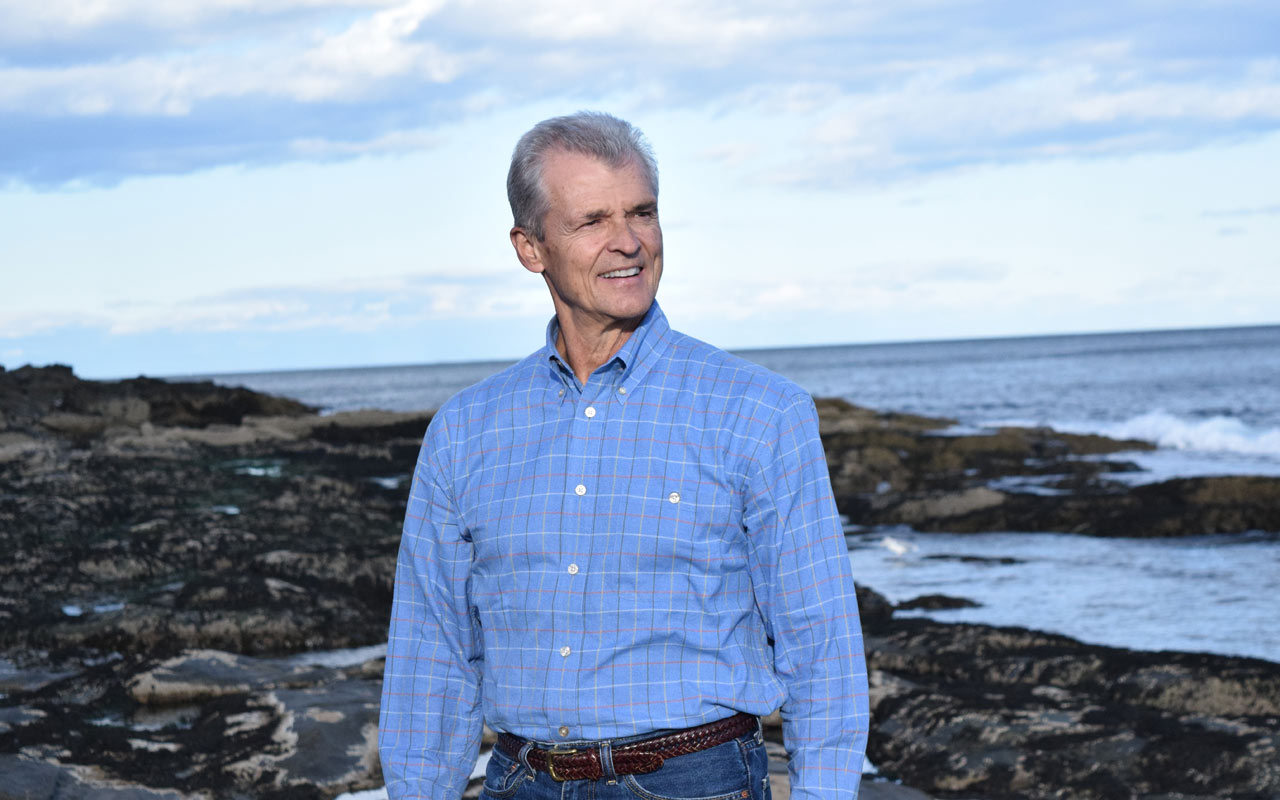
Michael Dubyak
- Age: 67
- Started: Allocation coordinator at Pennzoil Co., age 23
- Finished: CEO, WEX Inc. (1998-2013)
- Quote: "When the job becomes so much more than a job—when you apply your full emotional, intellectual and psychological energies toward a cause—you are fully invested in its success."
"When I was 25, a friend in HR gave me an exercise that determined my career path: You had to list, narrow and prioritize your values. When opportunities developed, I used these values to make career decisions. For example, I prioritized creating and participating in a team and being in a position of ownership in an organization.
"About five years after I joined WEX, the company was losing money, and we lost our CEO. I weighed an offer to leave WEX for a larger company, making twice my current salary. But I wouldn't be in a position of ownership if I left WEX, and there was a chance that my leaving could create vulnerabilities that could possibly result in the company failing. I felt an obligation to those I recruited to work for WEX—and other WEX team members—to stay on. So I did.
"Years later, I was competing for a promotion. My competition took a more aggressive, ego-driven, Machiavellian posture, while I took the high road. Initially, I felt I was losing ground and grew frustrated. But by following my moral compass, I was eventually promoted.
"In the mid 1970s, I took up meditation to increase my energy level. It also helped me gain mindfulness and not sweat the small stuff. The additional benefits—gratitude, empathy, an uncluttered mind—served me well professionally and personally. When I faced a major decision, I'd cram all the data I could into my mind, sleep on it and meditate the next morning. Meditation calmed my mind and allowed me to synthesize all the information to make an informed, effective decision."
Profit and prosper with the best of Kiplinger's advice on investing, taxes, retirement, personal finance and much more. Delivered daily. Enter your email in the box and click Sign Me Up.
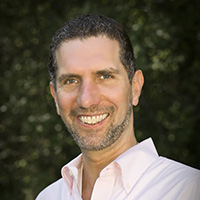
-
 5 Vince Lombardi Quotes Retirees Should Live By
5 Vince Lombardi Quotes Retirees Should Live ByThe iconic football coach's philosophy can help retirees win at the game of life.
-
 The $200,000 Olympic 'Pension' is a Retirement Game-Changer for Team USA
The $200,000 Olympic 'Pension' is a Retirement Game-Changer for Team USAThe donation by financier Ross Stevens is meant to be a "retirement program" for Team USA Olympic and Paralympic athletes.
-
 10 Cheapest Places to Live in Colorado
10 Cheapest Places to Live in ColoradoProperty Tax Looking for a cozy cabin near the slopes? These Colorado counties combine reasonable house prices with the state's lowest property tax bills.
-
 What to Do With Your Tax Refund: 6 Ways to Bring Growth
What to Do With Your Tax Refund: 6 Ways to Bring GrowthUse your 2024 tax refund to boost short-term or long-term financial goals by putting it in one of these six places.
-
 What Does Medicare Not Cover? Eight Things You Should Know
What Does Medicare Not Cover? Eight Things You Should KnowMedicare Part A and Part B leave gaps in your healthcare coverage. But Medicare Advantage has problems, too.
-
 15 Reasons You'll Regret an RV in Retirement
15 Reasons You'll Regret an RV in RetirementMaking Your Money Last Here's why you might regret an RV in retirement. RV-savvy retirees talk about the downsides of spending retirement in a motorhome, travel trailer, fifth wheel, or other recreational vehicle.
-
 The Six Best Places to Retire in New England
The Six Best Places to Retire in New Englandplaces to live Thinking about a move to New England for retirement? Here are the best places to land for quality of life, affordability and other criteria.
-
 The 10 Cheapest Countries to Visit
The 10 Cheapest Countries to VisitWe find the 10 cheapest countries to visit around the world. Forget inflation and set your sights on your next vacation.
-
 15 Ways to Prepare Your Home for Winter
15 Ways to Prepare Your Home for Winterhome There are many ways to prepare your home for winter, which will help keep you safe and warm and save on housing and utility costs.
-
 Six Steps to Get Lower Car Insurance Rates
Six Steps to Get Lower Car Insurance Ratesinsurance Shopping around for auto insurance may not be your idea of fun, but comparing prices for a new policy every few years — or even more often — can pay off big.
-
 How to Increase Credit Scores — Fast
How to Increase Credit Scores — FastHow to increase credit scores quickly, starting with paying down your credit card debt.
